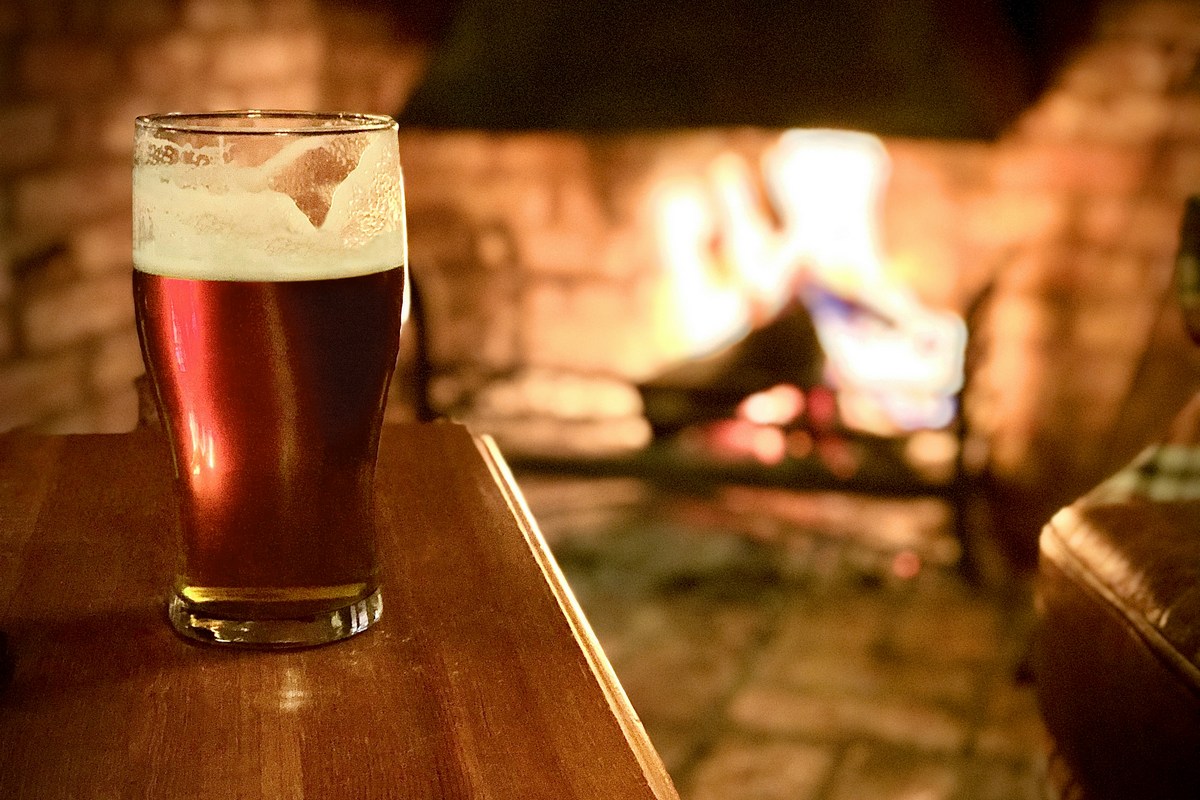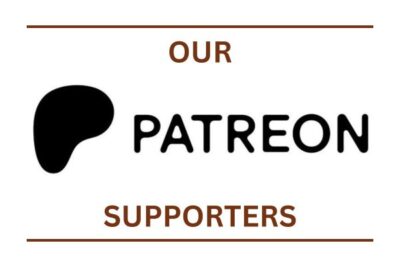Remember the penny off a pint promised in the Budget last autumn? Well, today it comes into being as alcohol duty rates are re-aligned. It’s part of “a package of support to help the alcohol sector to grow”, says the government.

Photograph: Unsplash/DanBarrett
Will there be a stampede to the pub today to celebrate? Possibly not, as the drinkers are still paying for Christmas, rising energy and water costs, and waiting for interest rates to come down to lower their mortgages, and licensees are bracing themselves for the twin salvo of increased national insurance contributions and a rise in the national minimum wage in April. Not to mention the end of a chunk of business rates relief. Heck, even Wetherspoon is putting many drink prices up by 15p. For JDW, 15p is a big rise.
For as long as I’ve been writing about beer, trade associations tugging the government’s coat tails for better deals for members. But it does seem that this time there really is nowhere to go. The announced increases will go ahead in April, with the Iron Chancellor not for turning.
“Whilst we welcome the Government’s acknowledgement of the sector and the cut to draught beer in the last Budget, we need to see further cuts in beer duty to get close to the European average,” said Emma McClarkin, chief executive of the British Beer and Pub Association yesterday. It’s a new angle to appeal to the Chancellor on the grounds of unfairness for our drinkers when compared to those enjoying a brew in the Euro markets we seem to be nudging up to at the moment.
“We pay far more than our European neighbours, with the UK paying 12 times more duty than Spain and Germany,” she added. “Indeed, the increase in packaged beer is a step the other way and another burden our sector will have to shoulder. Following the wider Budget announcements, pubs and brewers now face an April cliff edge, when a further £650m extra in costs will begin.”
She went on to appeal for the introduction of “meaningful business rates reform” and the phasing in of new costs “so that pubs can thrive and our sector can help deliver growth.”
Steve Alton, chief executive of the British Institute of Innkeeping, presented a similar, if more fatalistic vision, in an open letter to the Chancellor on Wednesday. He said 80% of operators expect to be unprofitable due to the planned tax rises.
Unfair tax burden
“Pubs offer so much more than just a brilliant pint, and operators have worked incredibly hard to provide a safe space for everyone to connect, celebrate and socialise, as well as providing vital local employment and diverse career opportunities.
“The choices made by the chancellor are now fundamentally undermining growth, investment, and employment in our sector, with quality operators having to make difficult decisions regarding their teams and the future of their businesses.
“Cancelling the planned tax increases for pubs, which are in addition to an already unfair tax burden they are facing, will unlock their potential for growth, allow them to expand their teams, providing essential skilled, local employment and prevent unnecessary business failure.”
Now, if Kenneth Clarke was still Chancellor that appeal might get a better reception. For younger readers, Clarke was a Chancellor who liked a drink to the extent that he nursed a whisky at the dispatch box while delivering a Budget. In a previous stint at the Department of Health, he questioned the absence of ashtrays in ministerial rooms. “I insisted on being able to smoke my cigars throughout the many long meetings that were ahead of us,” he writes in his biography.
Despite McClarkin and Alton both throwing in the word ‘growth’ in their appeal to the present Chancellor, the latter does seem laser-focused in her plans and no less likely to roll back on measures for business than she was over pensioners’ winter payments or farmers inheritance tax. A penny off a pint does not deliver growth for our industry.
Hospitality closures accelerated in the final quarter of 2024, the Hospitality Market Monitor, published this week, revealed — that’s hospitality’s busiest time of the year — due to mounting cost pressures and changing consumer habits. Site numbers contracted by an average of just over eight net closures per day. This last quarter contraction means 748 venues were lost in the three-month period, and if this trend were to continue, annualised it would represent a net loss of nearly 3,000 venues.
My constant reminder to get out and use your pubs before you lose them seems a feeble response to a huge problem, but it’s not stopping me repeating it. Expect to see more closures, though, as we move towards April.


